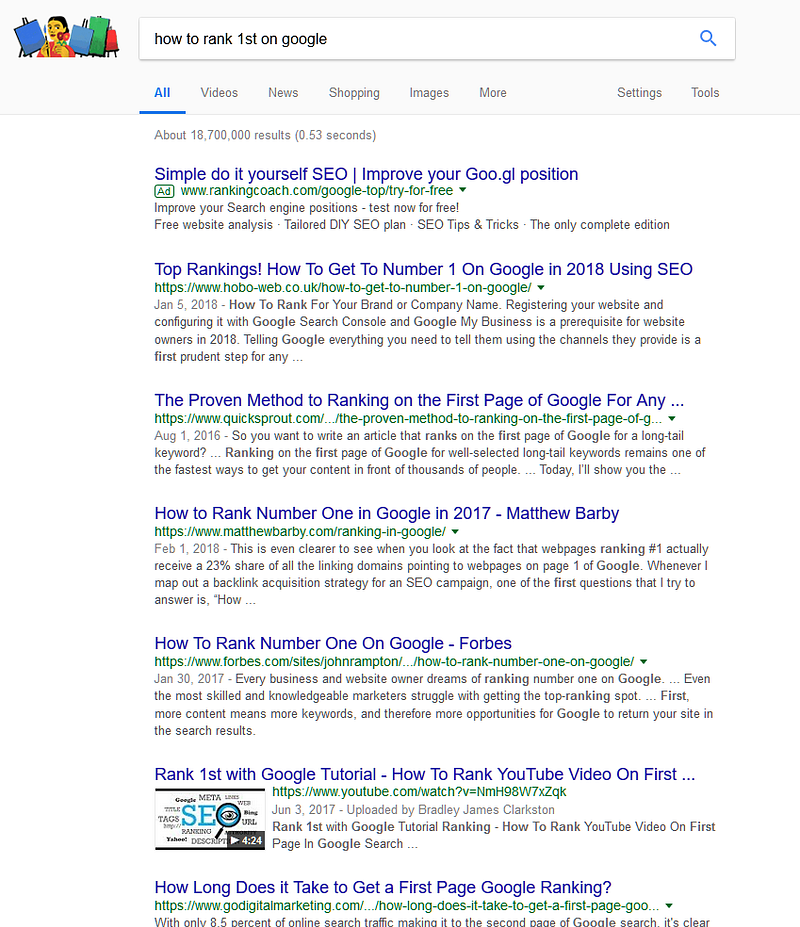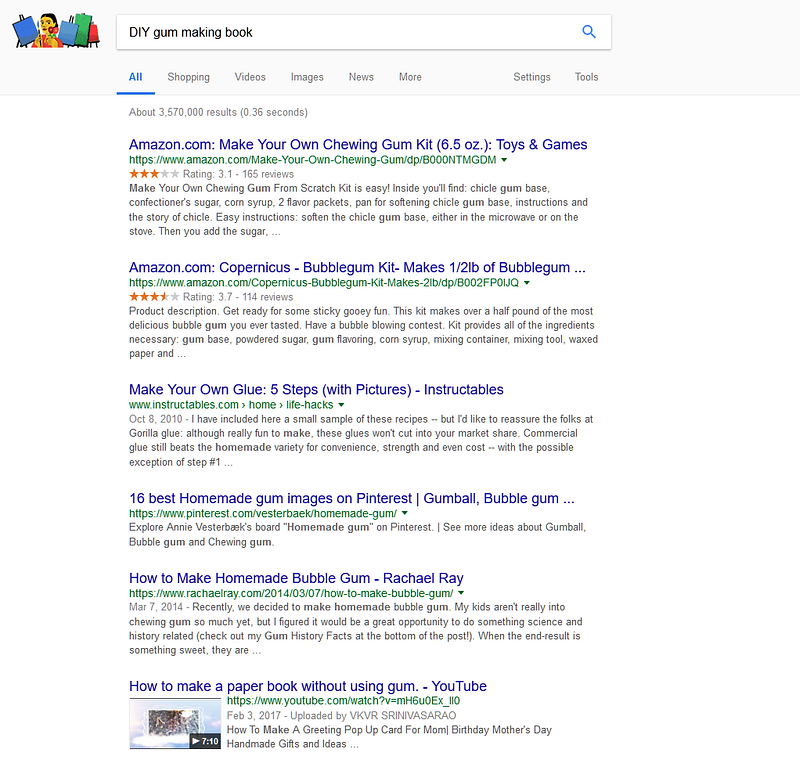Why you and almost everyone in marketing, business, and entrepreneurship have been looking at and picking keywords wrong this whole time.

If you’re like any other savvy business owner or entrepreneur, you’ve likely read a guide or two on SEO. Marketers reading this may have read more, understanding some of the more complex aspects, but what I’m about to tell you will be a first for most, if not all reading this. You are picking keywords wrong!
This is a big deal, but if you’re not freaking out about it, maybe an example will help you realize just how important this is. Let’s say you’re operating a bicycle shop. You decide to buy a magazine ad to help with sales, but instead of putting the ad in Biking Magazine, you put it in Time Magazine. And to top it all off, there are 17 other bicycle shops advertising in Time Magazine while none are advertising in Biking Magazine. This, in essence, is what you’re doing with your SEO strategy.
Everyone is picking keywords the same, and they aren’t viable
Most everyone is operating on the same basic guidelines for picking their keywords. They may have different thresholds, but they’re all based on the same basic premise. Look for high traffic keywords with high CPC. The keyword’s search volume ensures that you’ll get good traffic to your site, while the high CPC shows that the keyword has some value in terms of revenue generation.
At least, that’s the thinking. Unfortunately, it’s flawed. See, this thinking and strategy is almost a decade old. In fact, some of the top guides and blog posts on the subject of SEO, keywords and optimizing your site haven’t been updated since 2010!
These guides have been around for years, and because of that everyone’s read them. This, combined with the fact that this advice doesn’t take into consideration the many algorithm changes, makes these tactics no longer viable.
The keywords you’ll be picking will simply have too much competition, most of which will be better optimized, have more backlinks, and have higher domain authority. Additionally, you’re ignoring trends and changes in the way consumers themselves are searching. Semantic search and decentralized search may be old news, but it’s fresh enough that many of these guides don’t take them into account.
In other words, you’re missing opportunities, trying to compete with sites which are better optimized, and are forced to employ long, tedious link building campaigns to rank for these keywords.
The picking keywords secret SEO experts don’t want to let you in on
There’s a better way to pick keywords though. One which includes more opportunity, less competition, and no pesky link building. Top SEO consultants and experts have been using this tactic recently and now, you will too!
Competition Based Keywords
The technique is really quite simple. Instead of picking keywords based on the keyword data, base it on the amount that the top 10 pages are optimized. This may seem daunting, but it’s actually quite simple. Take any keyword you’d like and look it up on google.
Then, take a look at the first page’s results. Do the top 10 links feature the keyword or a variation of it in the:
- Page title
- Meta description
- URL
- Subheadings
- And Content?
If so, these pages have been well optimized for the keyword, and chances are you’ll have a hard time getting to the top.

An example of well-optimized pages, notice how they all feature the key phrase or a variation of it in their title, URL and meta description.

A keyword without well optimized pages. Not how some results don’t line up with the key phrase, and almost all feature no variation of the key phrase in their title, URL, or description. This would be easy to rank for.
If you want to go deeper, you can even run a quick audit on the results using a free tool like SEOQuake.
The Buyer’s Journey and Keywords
Another thing the pros are doing to pick stronger, more revenue generating keywords is applying the buyer’s journey to keywords. If you’re unfamiliar with the buyer’s journey it simply describes the process and stages which a buyer progresses through when purchasing a product. It includes the:
- Awareness Stage: The buyer realizes they have a problem.
- Consideration Stage: The buyer defines their problem and researches options to solve it.
- Decision Stage: The buyer chooses a solution.
Savvy business owners and marketers will maximize their SEO efforts on the 3rd stage of the buyers journey. Let’s take the example of a company which sells refurbished phones. A buyer in the awareness stage may search for things like:
- How to fix a slow phone
- What to do when your phone is too slow
- Phone screen broken, what now
- Phone battery life is too short
These keywords won’t convert into a sale right away, and while an argument can be made for building trust during the awareness stage, the keywords are filled with content from publishers like Cult of Mac, How to Geek and more. They’ll be tough to displace, making a fight for this keyword not ideal.
Consideration stage keywords are when buyers are looking for options to solve their problem, (in this case a slow, broken phone). They may search for:
- Are phone repair services worth it?
- Best budget android phones
- Best iPhone models 2017
- Used vs new phones
In this stage, they’re getting closer to a decision, but haven’t yet decided what the solution is. It can be a valuable keyword to rank for, but it’s also the most heavily saturated keywords with competition from tier 1 publishers and well-established brands taking up the top spots. As a business owner, you’d need to employ a lot of link building and make sure your SEO is top notch.
Most won’t be able to rank for these. Which brings us to stage 3: decision keywords. These are the searches a buyer will make to weigh out their options now that they’ve decided on a solution. They could include:
- Moto Z bundle with mods
- Unlocked refurbished Moto z
- Certified refurbished Moto Z
- Used Moto Z with Warranty
These keywords feature fewer optimized results, and specific buyer intent. The buyer is likely going to purchase from the link they click, unlike prior searches where they were still researching.
Implementing this picking keywords strategy today
To help you implement this strategy today, I’m going to give you 4 simple steps:
- Create a list of keywords or key phrases that a buyer might search when they are in the decision stage.
- Check this list for the competition within, and discard any keywords which are well optimized for.
- Create and optimize pages to rank for these keywords.
- Profit!









